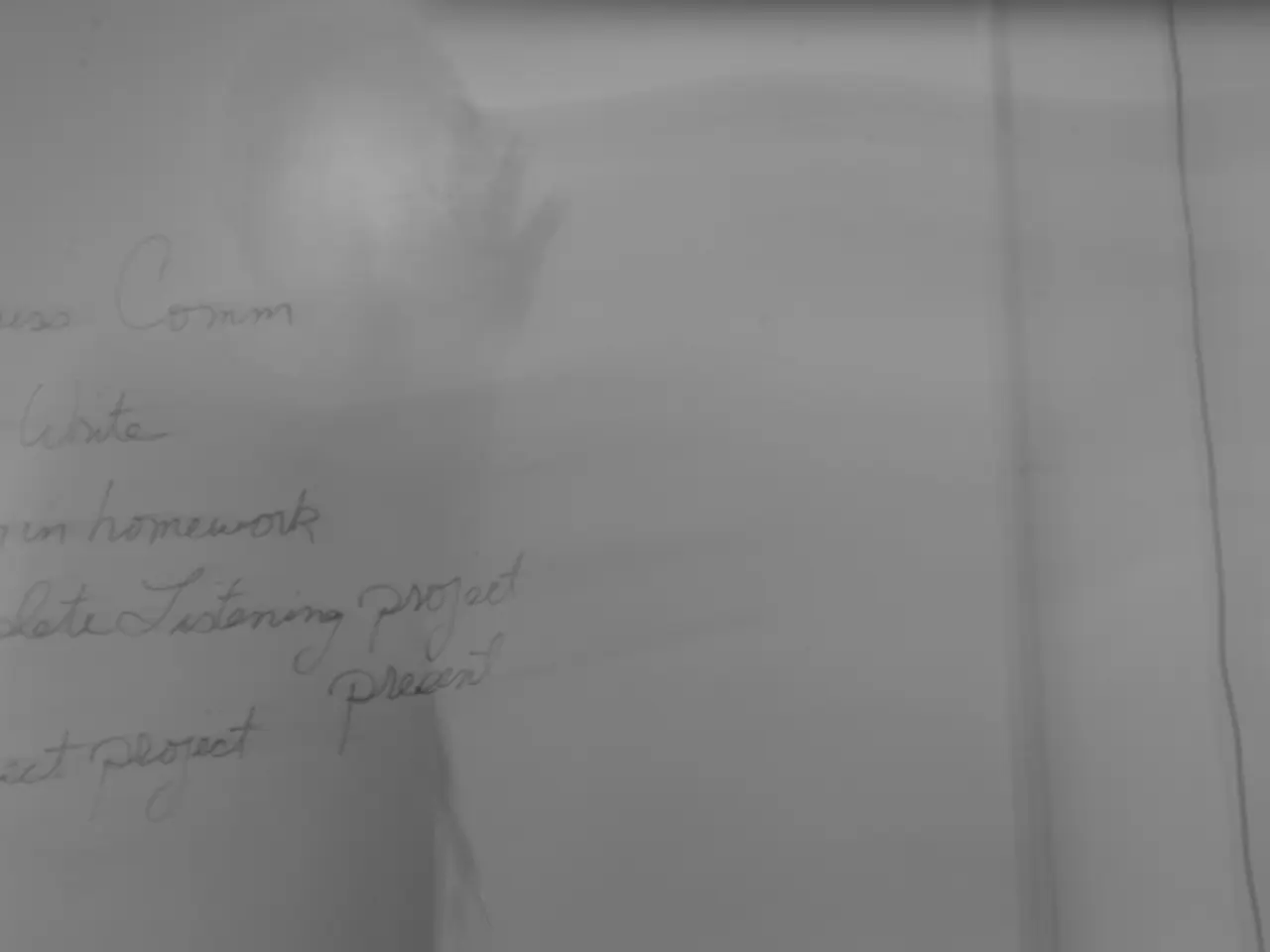A New Dance: Trump's Venezuela Strategy
Trump's Diplomatic Easing Toward Venezuela
When it comes to Venezuela, the old adage "speak loudly AND carry a big stick" has been a recurring theme for the Trump administration - but with a twist. The approach has gradually shifted from full-force intervention to a more nuanced dance, as demonstrated during Trump's first and second terms.
In Trump's early days, the Venezuelan economy was on the brink, with Maduro's government teetering under the pressure of sanctions and political chaos. The Bolivarian Revolution was teetering towards collapse, with inflation skyrocketing, GDP in freefall, and Guaido recognized as the interim president by over 50 countries.
As the baton passed between administrations, Biden picked up where Trump left off, implementing coercive economic measures while offering temporary relief. He continued to recognize Guaido as head-of-state, even after Guaido's own opposition group booted him out.
However, the new administration didn't always follow the script. In a move that raised eyebrows, presidential envoy Ric Grenell visited Caracas and shook hands with Maduro in January 2021, marking a step away from hostility towards rapprochement.
That same month, Rubio embarked on a tour of right-wing Latin American countries, while Grenell took credit for getting Venezuela to accept back migrants, a key priority for Trump. The meeting also resulted in the renewal of General License 41, allowing Chevron to operate in Venezuela, a development that Rubio had advocated against.
Grenell's diplomatic approach signaled a new strategy: one aimed at advancing US interests, such as facilitating deportations of migrants, preventing irregular migration to the US, and keeping gas prices in check, without necessarily seeking regime change. This was in stark contrast to the views of hardliners like Elliot Abrams, who criticized Grenell's visit for legitimizing Maduro.
Despite the ups and downs, Venezuela has shown remarkable resilience. In the face of sanctions, the country achieved an extraordinary economic turnaround, boasting one of the highest GDP growth rates in the hemisphere. Oil production is at its highest level since 2019, with China as the primary customer, although the US remains a prominent player in second place.
However, the future of relations between the two nations remains uncertain. Trust issues and shifting political forces, both domestically and internationally, create a volatile landscape. Trump's threats to revoke oil licenses and deport Venezuelans have been countered by incremental flourishes of self-sufficiency within Venezuela, reducing the effectiveness of sanctions.
As the dance continues, the fates of both nations hang in the balance. Will diplomacy prevail, or will we see a return to heavy-handed tactics? Only time will tell.
- Venezuelanalysis has largely focused on the shifting strategies of the Trump and Biden administrations towards Venezuela, especially the transformation from full-force intervention to a more nuanced approach.
- The relief offered by Biden's administration, while coercive economically, has been insufficient to reverse the dire economic conditions that plagued Venezuela under Maduro's government.
- A delegation led by Ric Grenell visited Caracas during the Biden administration, largely marking a step away from hostility towards rapprochement with Maduro's government.
- The politics surrounding Venezuela have been complex, with senators like Rubio advocating against the renewal of General License 41 allowing Chevron to operate in Venezuela.
- Energy policy has played a significant role in the US-Venezuela relationship, with oil production in Venezuela reaching its highest level since 2019, making China the primary customer and the US remaining a prominent player in second place.
- The future of the relationship between the US and Venezuela is uncertain, as both countries navigate the volatile landscape shaped by trust issues, shifting political forces, and conflicting policies and legislation.









